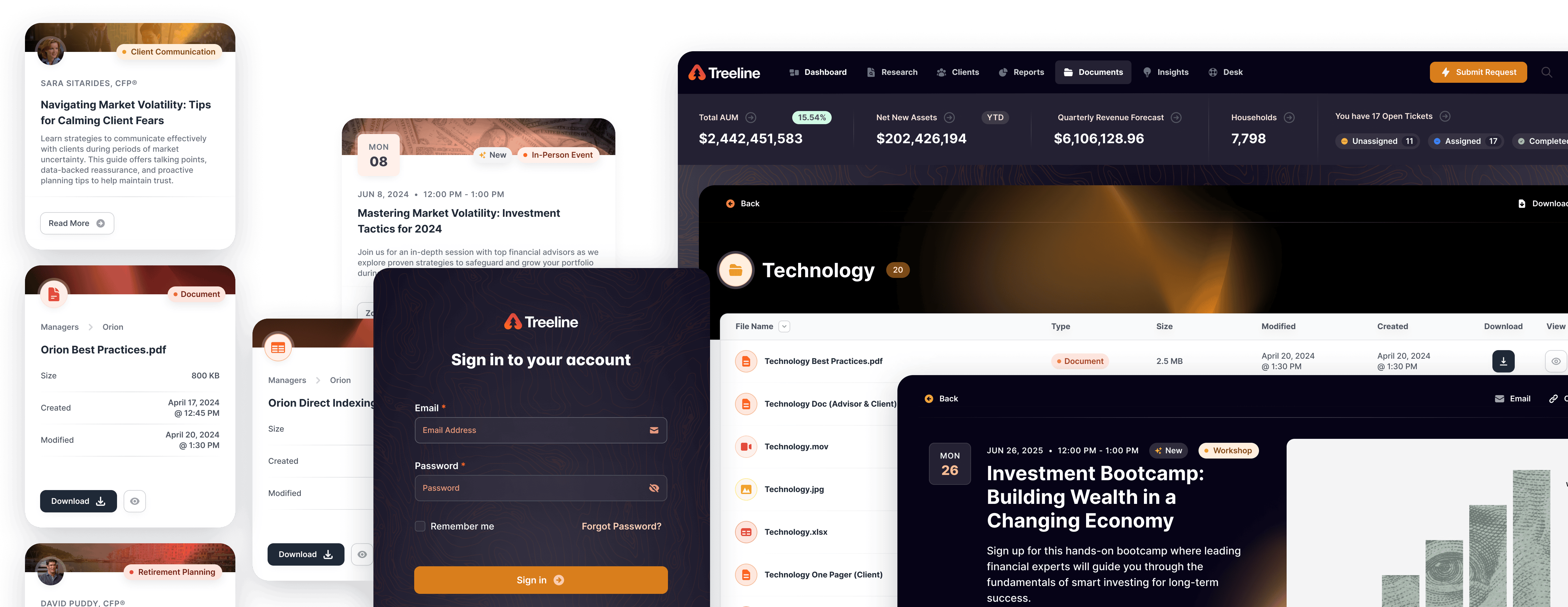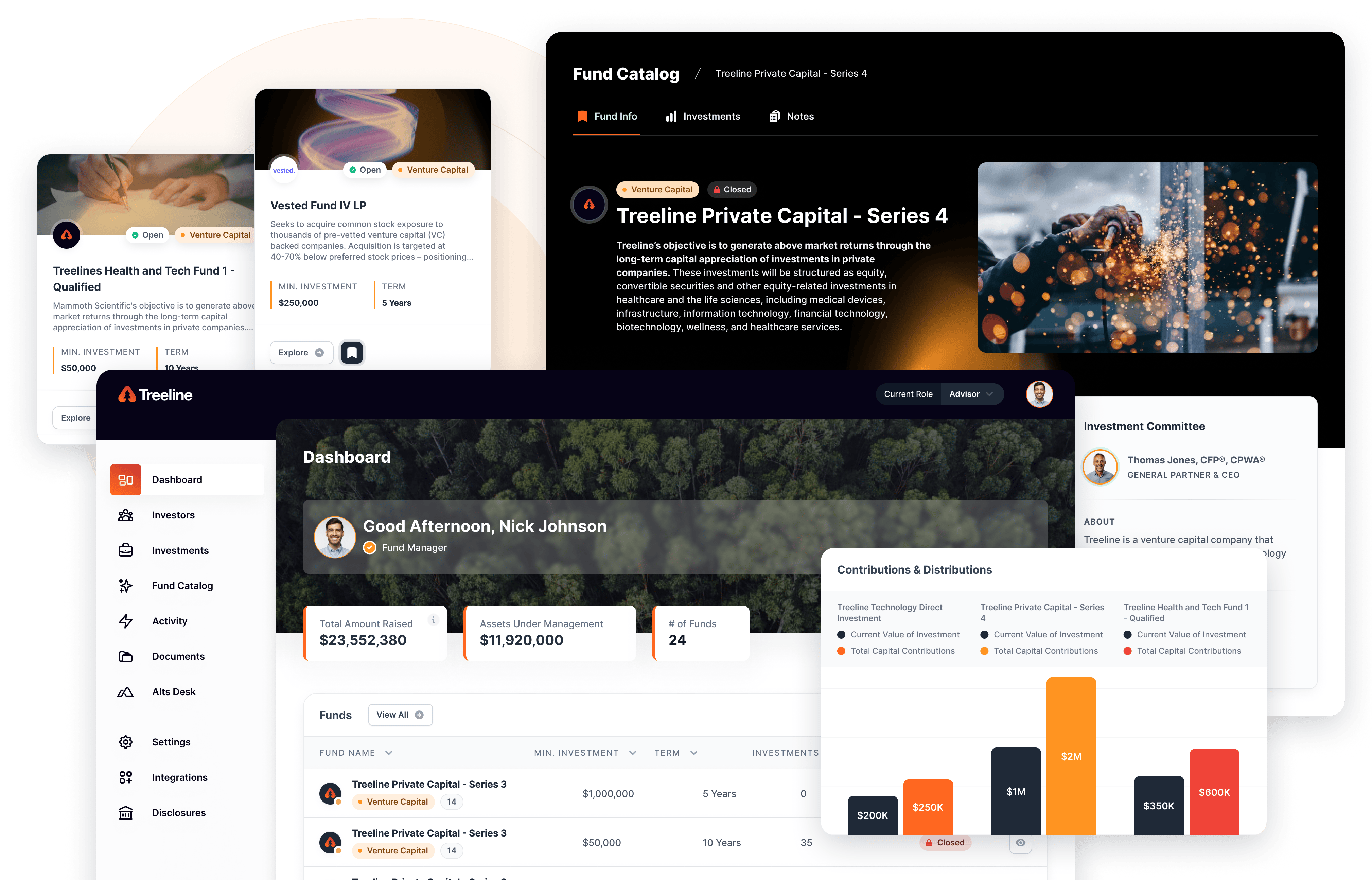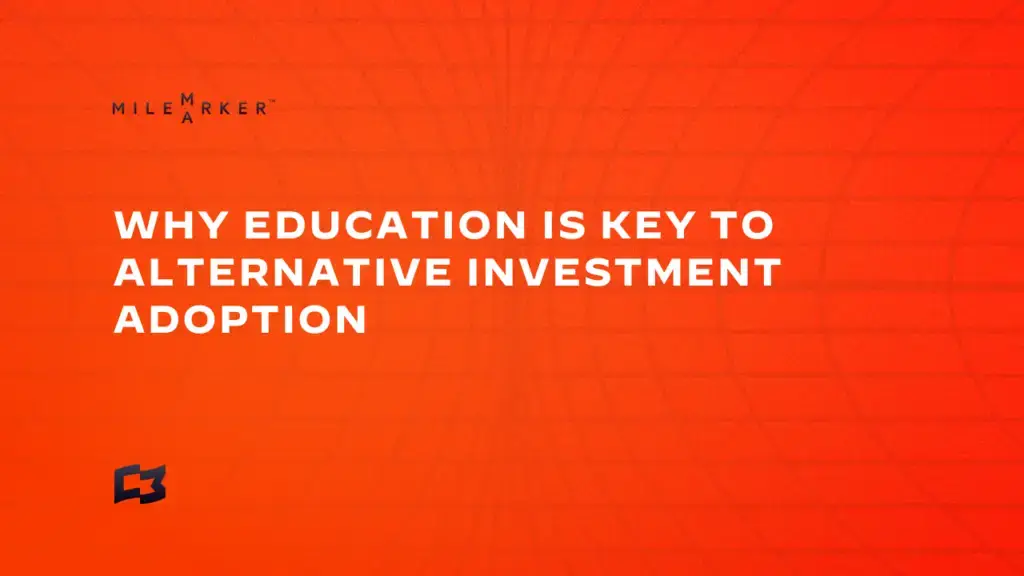Alternative investments offer diversification beyond traditional stocks and bonds, yet many retail investors remain hesitant due to misconceptions and a lack of education. Without a clear understanding of risks, benefits, and mechanics, clients may avoid these opportunities altogether.
Dick Pfister, CEO of AlphaCore Wealth Advisory, emphasizes that financial advisors play a crucial role in bridging this knowledge gap. By educating clients, advisors build trust, encourage informed decision-making, and drive broader adoption of alternative investments.
Overcoming the Knowledge Gap in Alternative Investments
Many investors are unfamiliar with private equity, hedge funds, real assets, and other alternative investments. Unlike traditional asset classes, these require a deeper understanding of risk, liquidity, and return potential. Advisors who take the time to educate clients on these fundamentals provide them with the confidence to diversify their portfolios.
Dispelling Common Misconceptions About Alternative Investments
One of the biggest barriers to adoption is misinformation. Some investors assume alternative investments are too risky, illiquid, or only accessible to ultra-high-net-worth individuals. While alternatives do carry unique risks, they can also provide stable returns and downside protection when properly integrated into a portfolio. By explaining the nuances of these assets, advisors can demystify them and highlight their strategic value.
The Role of Financial Literacy in Building Trust
Trust is a cornerstone of effective wealth management, and an education-driven approach strengthens advisor-client relationships. When advisors take the time to break down complex investment strategies into easy-to-understand insights, clients feel more confident in their financial decisions. Educated clients are also more likely to remain engaged and committed to their long-term investment plans.
The Future of Alternative Investment Adoption
As alternative investments become more mainstream, financial firms must prioritize investor education. Providing webinars, whitepapers, and one-on-one consultations can help clients understand how these strategies fit into their overall wealth management plan. Advisors who embrace this educational role will be at the forefront of a growing shift toward diversified, resilient investment portfolios.
These insights are inspired by the latest episode of The Connected Advisor podcast featuring Dick Pfister, CEO of AlphaCore Wealth Advisory. Dive deeper into how alternative investments are transforming wealth management. Listen to the full episode here and explore more articles in this series.
















